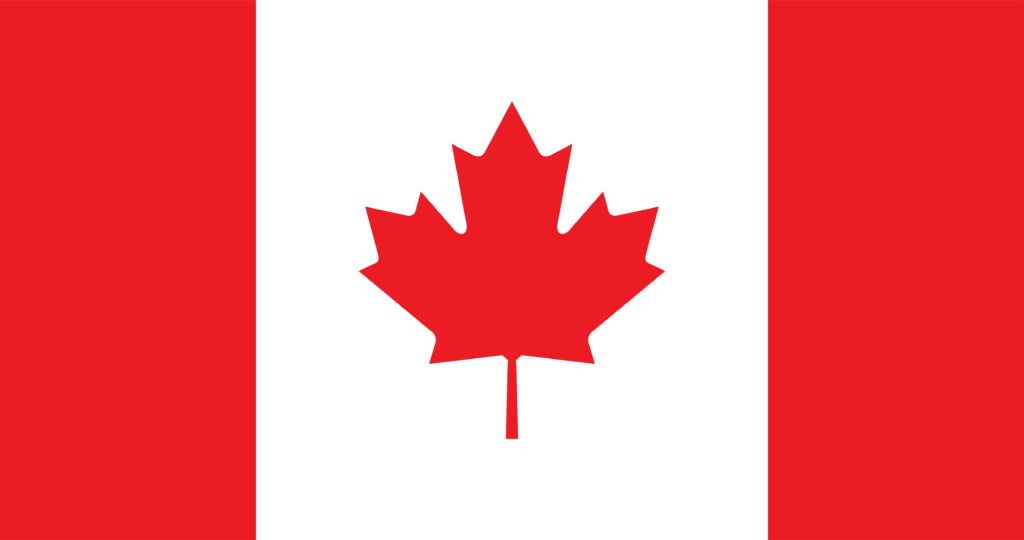The Canadian Immigration Minister announced significant policy changes to address the ongoing immigration crisis in Canada. These updates will impact temporary residents, work permits, and study permits, shaping the future for many international students and workers. Here’s a breakdown of the key changes:
1. Reduction in Temporary Residents
One of the notable changes is the reduction of temporary residents in Canada from 6.5% to 5% as part of the 2025–2027 Immigration Levels Plan. This adjustment aims to better manage the influx of temporary residents and ensure that the immigration system can effectively support those in need. Detailed information regarding this policy will be released by November 1, 2024.
2. Post-Graduation Work Permit (PGWP) Eligibility
International graduates from public college programs will continue to be eligible for the Post-Graduation Work Permit (PGWP) for up to three years, provided they graduate from fields of study linked to occupations in long-term shortage. This policy is designed to encourage graduates to fill gaps in the labor market and contribute to Canada’s economy.
3. Language Proficiency Requirements
Starting November 1, 2024, all applicants for the PGWP will be required to demonstrate a minimum language proficiency in either French or English. This requirement aims to enhance their prospects for transitioning to permanent residence and adapting to Canada’s evolving economic landscape. Specifically, a Canadian Language Benchmark (CLB) level of 7 will be required for university graduates, while a CLB of 5 will be necessary for college graduates.
Note: This does not mean that every student applying to a designated learning institution in Canada must take the IELTS before gaining admission. However, beginning November 1, 2024, students must meet the language proficiency requirements to apply for the PGWP.
4. Changes to Study Permit Intake Cap
For the 2025–2026 academic year, master’s and doctoral students must submit a provincial or territorial attestation letter as part of the study permit intake cap. Recognizing the substantial benefits these students bring to the Canadian labor market, 12% of available spaces will be reserved for them.
These updates reflect the Canadian government’s commitment to managing immigration effectively while ensuring that newcomers can integrate successfully into Canadian society. As these policies roll out, it will be crucial for prospective students and workers to stay informed and prepare accordingly.
